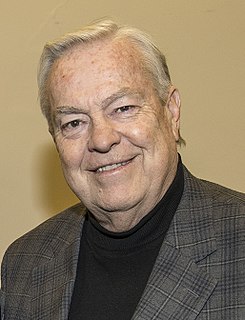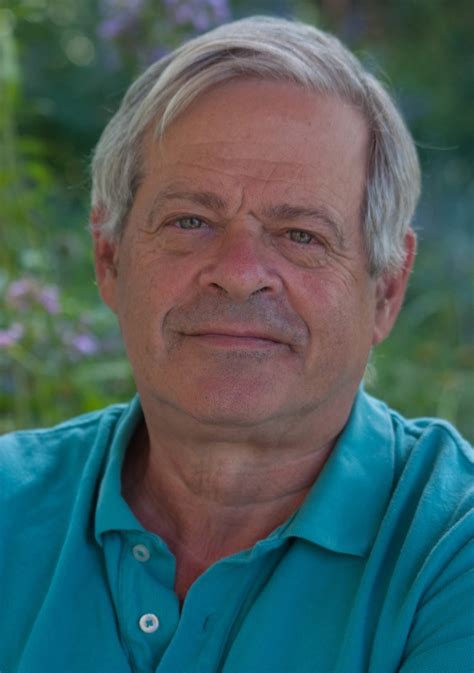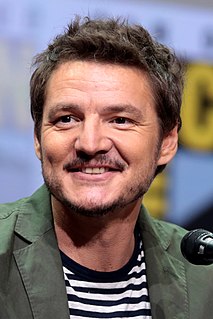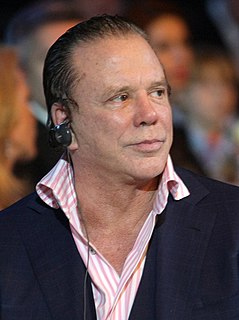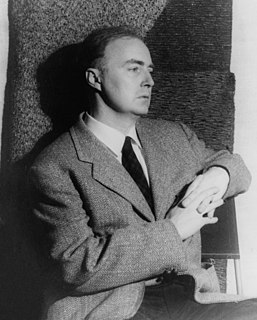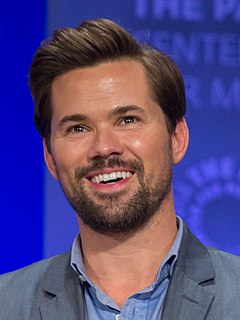A Quote by Molly Ivins
'The New York Times' is a great newspaper: it is also No Fun.
Related Quotes
Recently it's become much to my surprise, something that does happen. For example, I used to get almost all of my stories, and it's probably still true, from newspapers. Primarily from The New York Times. No one ever really thinks of The New York Times as a tabloid newspaper and it isn't a tabloid newspaper. But there is a tabloid newspaper within The New York Times very, very often.
The more boring a newspaper is, the more it is respected. The most respected newspaper in the United States is The New York Times, which has thousands of reporters constantly producing enormous front-page stories about bauxite...The [New York] Post would write about bauxite only if famous celebrites were arrested for snorting it in an exclusive Manhattan nightclub.
The New York book was a visual diary and it was also kind of personal newspaper. I wanted it to look like the news. I didn’t relate to European photography. It was too poetic and anecdotal for me… the kinetic quality of new york, the kids, dirt, madness—I tried to find a photographic style that would come close to it. So I would be grainy and contrasted and black. Id crop, blur, play with the negatives. I didn’t see clean technique being right for New York. I could imagine my pictures lying in the gutter like the New York Daily News.
I speak to kids 16, 17 years old, they haven't read a newspaper. They haven't physically handled a newspaper. They don't even look at the headlines on a subway. These kids are on the Internet and the level of news that they're getting is not the quality of 'The New York Times' or 'The Wall Street Journal.' It's way deficient, and they don't care.
The New York Times will tell you what is going on in Afghanistan or the Horn of Africa. But it is no exaggeration that The New York Times has more people in India than they have in Brooklyn. Brooklyn is a borough of two million people. They're not a Bloomingdale's people, not trendy, sophisticated, the quiche and Volvo set. The New York Times does not serve those people.
I think Girls is so great, because versions of it are close to my own experience of moving to New York. It's a fun. You know - get to be messy and silly and irresponsible, but also wrap that up at the end of the day and be an adult. It's a fun time, but not necessarily one you want to stay in for too long.
Everything I learned and didn't do in New York I would put into place here in the London West Hollywood. It's fascinating, when you look at the critics' reviews, and we had a great one in the New York Observer and all that, and then the New York Times came and it was a devastation; two stars out of four. They said that I played safe because it wasn't fireworks. Then they judged the persona over the substance that was on the plate.


